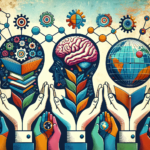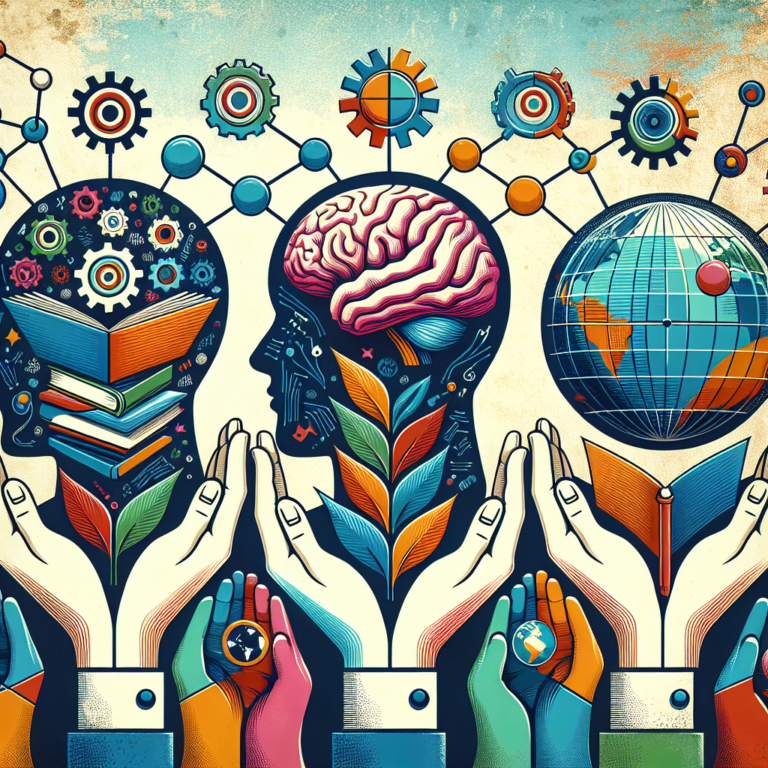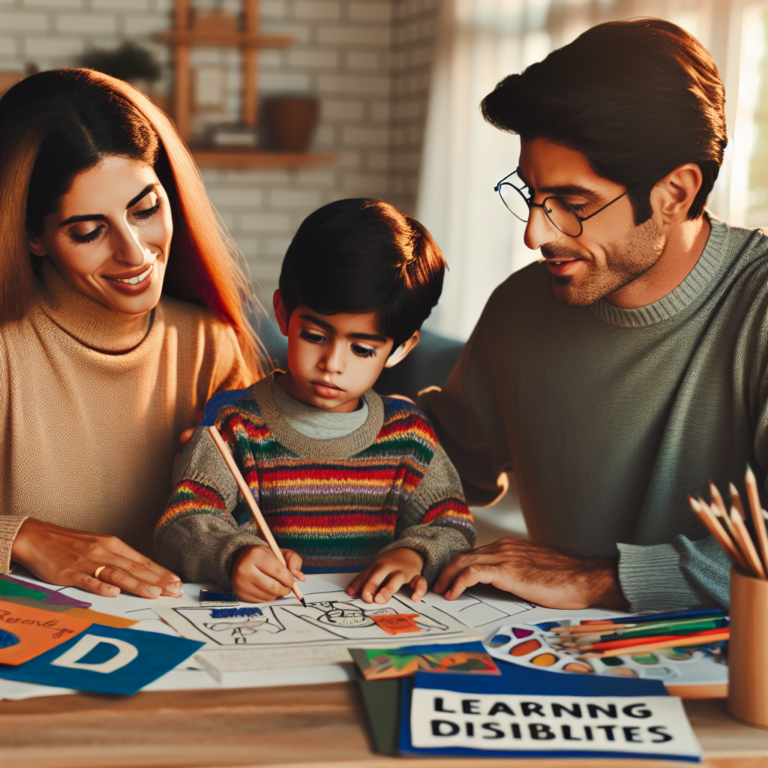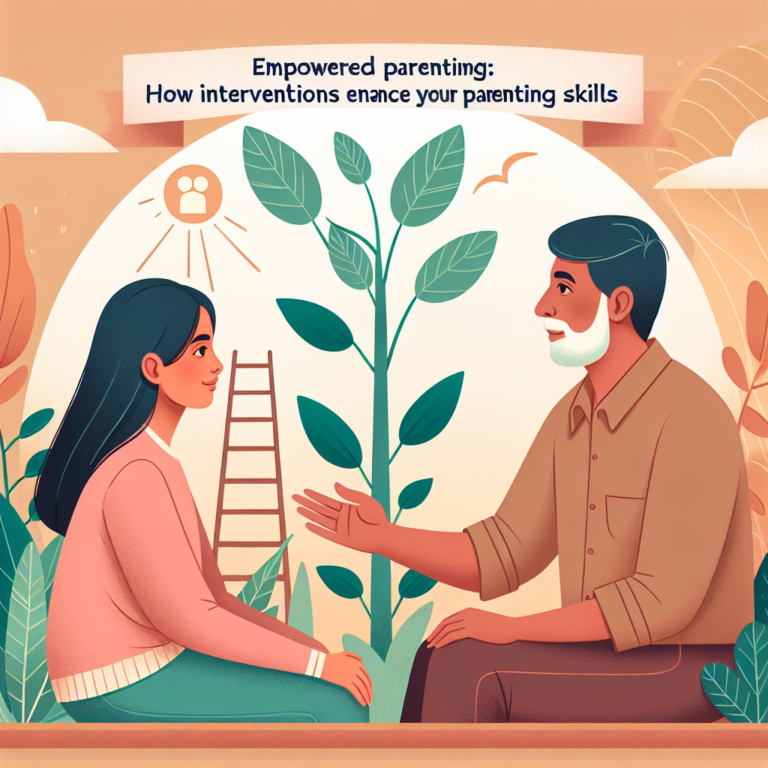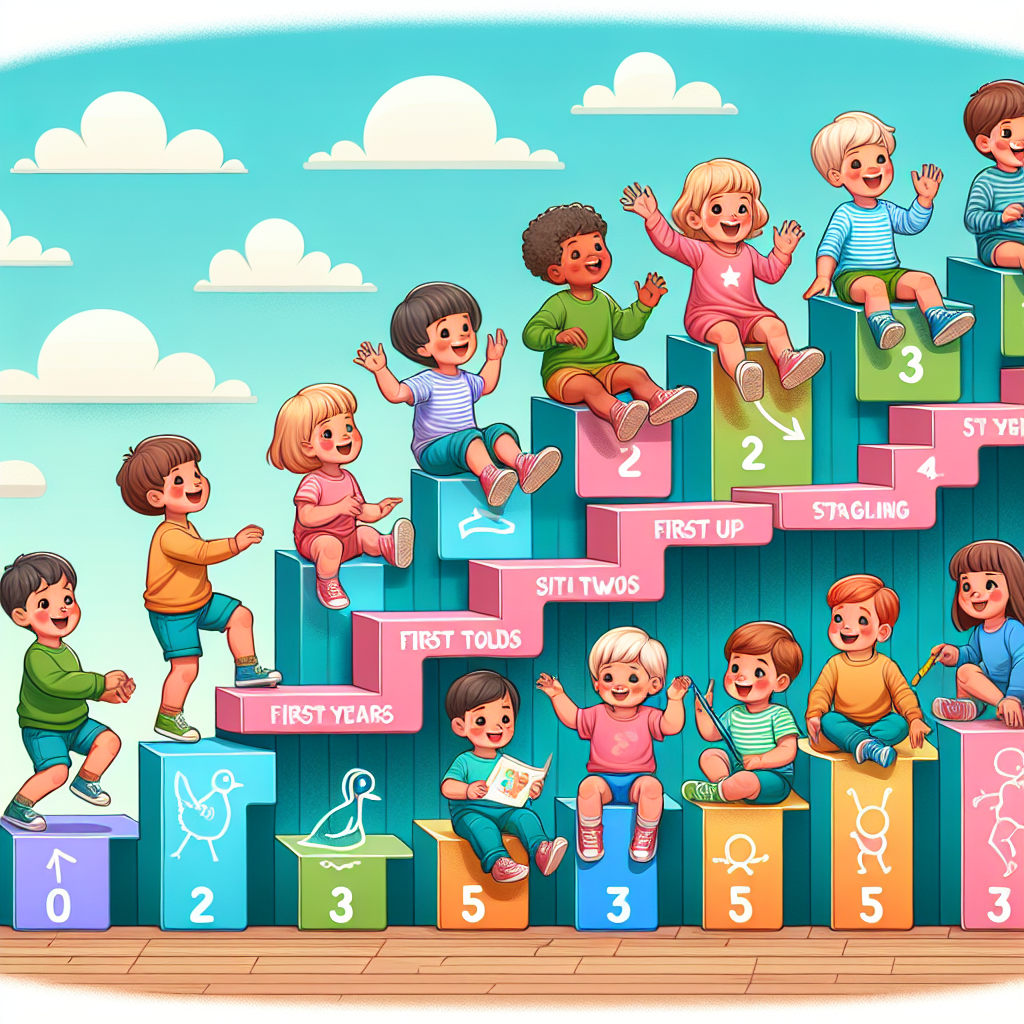
Introduction
Child development is a fascinating journey, one that unfolds stages of growth, learning, and discovery. Understanding child development milestones is more than just a parental obligation; it’s a means of nurturing potential, fostering independence, and providing the support children need as they navigate their formative years. This Step by Step: A Guide to Understanding Child Development Milestones will walk you through this crucial topic, equipping you with the insights and tools necessary to support your child’s unique journey.
In this guide, we’ll explore each developmental stage, grounded in actionable insights that can empower caregivers, educators, and health professionals. By breaking it down into manageable sections, we ensure that you can easily absorb the information and apply it effectively. So, let’s dive in!
Understanding Child Development: An Overview
What are Developmental Milestones?
Developmental milestones are specific skills and behaviors that children typically demonstrate across different age ranges. They serve as benchmarks to gauge a child’s growth and can signal whether a child is developing as expected. These milestones encompass various areas:
- Cognitive Development: How children think, explore, and figure things out.
- Social and Emotional Development: Skills involving interaction with others and regulating emotions.
- Physical Development: Includes both gross and fine motor skills.
- Language Development: The ability to communicate and understand verbal and non-verbal language.
Understanding these milestones is essential because it helps parents identify whether their child is on track or if they might benefit from additional support.
Phases of Child Development
- Infancy (Birth to 12 months)
- Toddlerhood (1 to 3 years)
- Preschool Age (3 to 5 years)
- School Age (6 to 12 years)
- Adolescence (13 to 18 years)
Each of these phases presents distinct milestones that influence the child’s future development.
Importance of Monitoring Milestones
Monitoring child development milestones can help identify potential developmental delays. Early detection means early intervention, which significantly improves outcomes. For example, recognizing that a child is not meeting language milestones may lead parents to seek professional advice that can facilitate speech therapy and other supportive measures.
Infancy: The Foundation of Development
What to Expect (0-12 Months)
During infancy, a child’s primary task is to form security and trust in their environment. Milestones typically include:
| Age | Milestones | Activities |
|---|---|---|
| 2 months | Starts to smile socially | Engage and talk to the baby |
| 6 months | Rolls over, sits with support | Tummy time, engaging toys |
| 9 months | Stands with assistance, babbles | Play games like peek-a-boo |
| 12 months | First steps, says “mama” or “dada” | Encouragement and praise |
Case Study: Early Detection of Autism
A case study in a community health setting observed that infants who were monitored closely for social milestones demonstrated better outcomes in early diagnosis of Autism Spectrum Disorder. Parents reported significant improvement after engaging in early intervention strategies focusing on social communication skills.
Tips for Parents
- Create a stimulating environment: Use a variety of toys to encourage sensory exploration.
- Foster socialization: Arrange playdates with other infants.
- Monitor progress: Keep a developmental checklist handy to track milestones.
Toddlerhood: Exploring Independence
What to Expect (1-3 Years)
As toddlers, children begin to explore their independence. Common milestones include:
| Age | Milestones | Activities |
|---|---|---|
| 12-18 months | Walks independently, uses simple words | Encourage walking, descriptive labeling |
| 2 years | Begins to sort shapes and colors, 50+ word vocabulary | Interactive play with educational toys |
| 3 years | Understands sharing, simple sentences | Group play, teach turn-taking |
Case Study: Language Development
A longitudinal study followed toddlers in a language-rich environment. Those exposed to frequent conversations with adults demonstrated a vocabulary growth twice as fast as their peers. This underscores the importance of active engagement and verbal communication.
Tips for Parents
- Encourage vocabulary: Read daily to your child and describe daily activities.
- Foster social skills: Arrange playdates to promote sharing and cooperation.
- Set boundaries: Teach the concept of “no” and create structured routines.
Preschool Age: Social and Emotional Skills
What to Expect (3-5 Years)
During preschool years, children develop crucial social and emotional skills. Milestones include:
| Age | Milestones | Activities |
|---|---|---|
| 3 years | Able to play with others, understands the concept of “same” and “different” | Group activities, arts and crafts |
| 4 years | Follows instructions, recognizes letters and numbers | Educational games, storytelling |
| 5 years | Engages in cooperative play, uses language to express feelings | Role-playing games |
Case Study: Impact of Early Education
Research shows that children enrolled in quality preschool programs exhibit enhanced social skills and better emotional regulation. These children tend to fare better in later educational environments compared to peers who did not have similar experiences.
Tips for Parents
- Provide varied social experiences: Group activities and cooperative games.
- Encourage emotional expression: Help your child articulate feelings.
- Foster curiosity: Encourage questions and exploration of interests.
School Age: Building Cognitive Skills
What to Expect (6-12 Years)
Cognitive development accelerates during school age, and children become more independent thinkers. Milestones include:
| Age | Milestones | Activities |
|---|---|---|
| 6-7 years | Reading simple books, understanding time concepts | Reading together, using a clock |
| 8-9 years | Engaging in problem-solving, gaining self-awareness | Puzzles, team sports |
| 10-12 years | Developing friendships, understanding complex rules | Group projects, discussions on real-world topics |
Case Study: Influence of Peer Relationships
A recent study revealed that children who maintained strong peer relationships had higher academic success and were better prepared for middle school. This illustrates the importance of social connections during this developmental phase.
Tips for Parents
- Encourage academic exploration: Provide resources that align with interests.
- Support social relationships: Facilitate friend gatherings.
- Foster independence: Allow for age-appropriate responsibilities.
Adolescence: Navigating Change
What to Expect (13-18 Years)
Adolescence is characterized by rapid physical, mental, and emotional changes. Milestones include:
| Age | Milestones | Activities |
|---|---|---|
| 13-15 years | Developing abstract thinking, forming identity | Discussions about values and beliefs |
| 16-18 years | Making independent decisions, setting goals | Support extracurricular activities, encourage aspirations |
Case Study: Academic Engagement
A study on adolescent engagement found that teens involved in sports and clubs were more likely to excel academically. These structured environments promote teamwork, discipline, and goal-setting.
Tips for Parents
- Promote self-discovery: Encourage exploration of interests and hobbies.
- Establish open communication: Be a safe space for your teen to express concerns.
- Set boundaries: Maintain rules while allowing flexibility for independence.
Conclusion
Understanding child development milestones is vital for fostering healthy growth and development in children. This Step by Step: A Guide to Understanding Child Development Milestones has provided you with insights into the various stages along the child development spectrum—from infancy to adolescence. Remember, each child is unique, and while milestones serve as a guide, every child will progress at their own pace.
By engaging in supportive practices and monitoring development, you can ensure your child reaches their fullest potential. Let this guide inspire you to foster an environment that nurtures learning, exploration, and emotional growth.
FAQs
What are some red flags in child development?
Children who do not meet major milestones in physical, communication, social, and emotional skills may need evaluation by a healthcare professional.How can I encourage my child’s speech development?
Reading, singing, and engaging in conversations are excellent ways to promote speech.What should I do if I am concerned about my child’s development?
Consult a pediatrician or child development specialist for personalized guidance.Are developmental milestones the same for all children?
While there are typical milestones, each child develops at their own rate, and variations are common.- What role does play have in child development?
Play is crucial for cognitive, social, and emotional development, helping children learn decision-making, problem-solving, and self-regulation.
By arming yourself with knowledge and being proactive in your child’s development, you are taking essential steps toward a brighter future for them.

